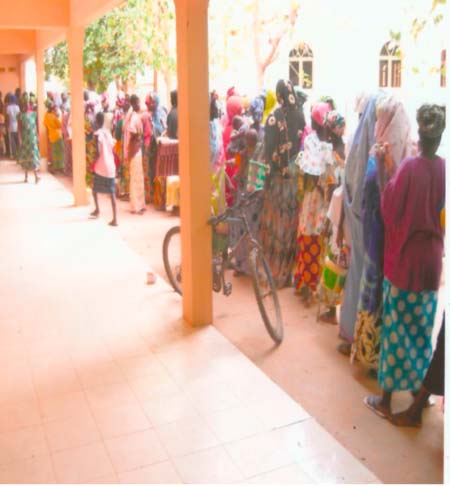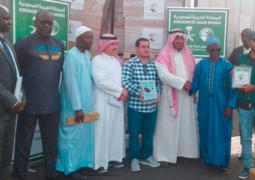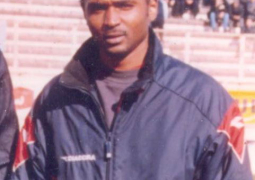
The
Welfare and Protocol Committee of the Pipeline Mosque Foundation has decided to
operate a ZAKAT HOUSE (BaI’tul Mal) to help the Muslim ‘Ouma’ in The Gambia and
abroad, to deposit their annual zakat for distribution to the needy.
This
is the first time the Pipeline Mosque welfare committee has introduced such an
all-encompassing initiative in its service to humanity.
This,
the committee noted, serves a two-track approach, as the initiative is out to
help the well-to-do Muslims in The Gambia and abroad to fulfill the Islamic
principle of Zakat, as well as to create an avenue for generating support for
the needy.
“This
is in line with one of the most important principles of Islam, that is, all
things belong to Allah, and that wealth is, therefore, held by human beings in
trust. Therefore, our possessions are purified by setting aside a proportion
for those in need,” the Committee said in a statement sent to this paper
yesterday.
The
Welfare and Protocol Committee of the Pipeline Mosque Foundation was setup
principally to seek funds to help poor and deprived individuals, and also
provide much-needed resources to social welfare institutions like hospitals,
prisons and mental health centres in The Gambia.
“The
giving of annual Zakat - also known as Zakah - by Muslims is one of the five
fundamental pillars of Islam,” the committee said.
“It
is obligatory for every sane and mature Muslim to give an annual payment of
2.5% whenever there is an economic activity resulting in the net increase in
their wealth. This rate applies to cash, bank savings, gold and silver
jewellery and other wealth, including traded goods and agricultural produce.
“The
Qur’an states that those who pay Zakat are in the ‘brotherhood of faith’. Zakat
not only purifies the property of the contributor, but also purifies the heart
from selfishness and greed. It also purifies the heart of the recipient from
envy and jealousy, from hatred and uneasiness and it fosters instead goodwill
and warm wishes for the contributors.”
The
Welfare and Protocol Committee recognizes that many Muslim individuals who
would like to fulfill the provision of Zakat obligations are constrained by
time to identify and distribute Zakat due to people who desperately need it.
“Pipeline
Mosque Welfare and Protocol Committee has the administrative capability and
experience through its committed ‘Help-the Poor’ programmes and activities,” a
statement by the committee said, adding that it is for these reasons the
Pipeline Mosque decided to formally set up the ‘BaI’tul Mal’ (Zakat House) to
render assistance to those who would want Zakat distributed on their behalf.
In
helping people, to meet this fundamental obligation, the committee would want
to assure that deposits to the ‘BaI’tul Mal’ “will never be used for other
purposes, but to be distributed solely for the direct benefit of ‘masakeens’
and ‘fuquarawas’ in conformity with Islamic requirements”.
The
committee stated that individuals can deposit Zakat to the ‘BaI’tul Mal’
dedicated bank account or by contacting and reaching out to the following
officials of the Zakat House: Imam Pa Njie, Pipeline Mosque Zakat House: Tel.
+220-9877952; Alh. Samba Saye,
Treasurer: Tel. +220-7617018; and Mr Mam Sait Njie, Chairman, Welfare
Committee: Tel. +220-9905040.



